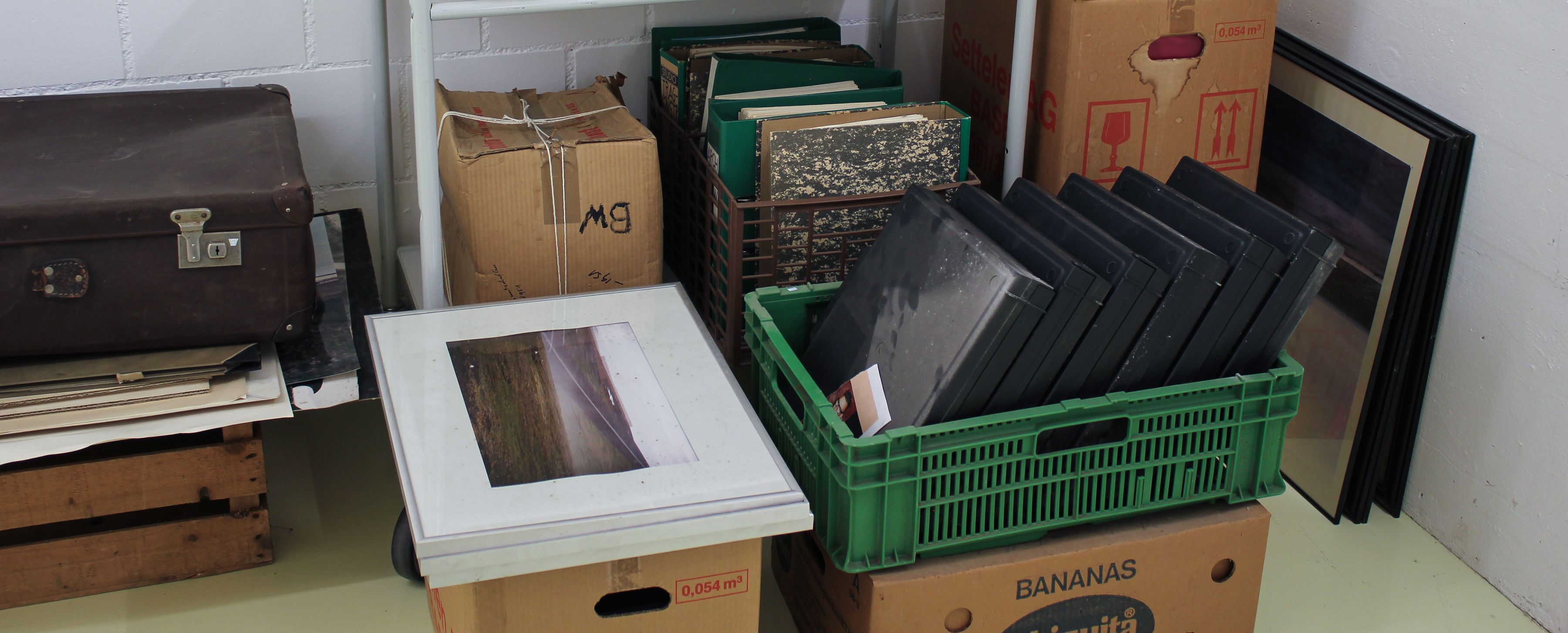
Banner
Private individuals, businesses and associations
Would you like to have your private archives, your family archives or the archives of a business or association safely conserved and made available to the public? We are delighted to accept historical and contemporary archival materials, provided they comply with the acquisition policy of the Burgerbibliothek Bern. New holdings are normally accepted in the form of a donation.
What is the Burgerbibliothek’s acquisition policy?
The Burgerbibliothek Bern accepts documents with a connection to the Burgergemeinde or to the city and region of Bern. We can arrange for collections that would be better suited elsewhere to be passed on to another archives. We accept historical and contemporary archival materials, i.e. records, manuscripts such as letters and journals, or visual documents such as drawings, plans, prints and photographs. It does not matter whether the documents are in paper form or digital. The Burgerbibliothek normally accepts documents in the form of a donation. We are not equipped to accept artefacts and objects – for these, please contact a museum.
What is the procedure for transferring documents?
The transfer of documents involves three steps:
- Initial contact and assessment: At an initial personal meeting, an assessment is made of whether the documents or parts thereof comply with the acquisition policy of the Burgerbibliothek Bern.
- Contractual arrangements: In the next step, a contract is signed for the transfer of the archival materials. The contract stipulates who owns the materials and who is responsible for the costs of transport, description and any conservation measures. It also regulates access and any restrictions on use.
- Delivery: After the contract is signed, the documents are transported to the Burgerbibliothek; you will receive a transfer report as confirmation of receipt.
What happens after transfer?
The transferred materials are described by the Burgerbibliothek’s team in the archives catalogue in accordance with archival standards and made publicly available in the reading room. In the course of this process, the documents are cleaned, if necessary undergo conservation, are placed in folders and boxes suitable for archiving and then stored safely in climate-controlled stacks.
If you have any questions in connection with the archiving of your documents, please do not hesitate to contact our team.
